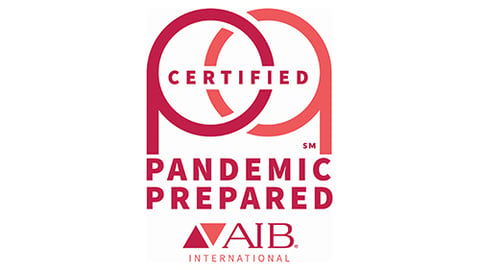Food Safety Courses for Pickup & Delivery Introduced
360training, which provides individuals and businesses with online regulatory-approved training, has launched Disease Prevention Food Safety Courses for Restaurant & Grocery Pickup & Delivery. Developed in response to COVID-19, the courses instruct food managers, food handlers and consumers how to lower the risk of disease spread during the order, pickup and delivery of food and groceries.
The courses cover fundamental guidelines for limiting the spread of COVID-19 and other infectious diseases, including sanitation standards and proper hand-washing procedures. As part of the training, foodservice managers and employees learn about safe food delivery, the steps that must be followed for safe food delivery service, the elevated degree of cleanliness necessary during the pandemic, and general guidelines for online food ordering.
According to 360training, training is just as important for consumers as it is for restaurant and grocery delivery businesses.
“As consumers, it’s equally important that we understand which businesses are taking the proper precautions,” explained Ryan Linders, chief marketing officer at the Austin, Texas-based company. “We’re ‘in a new normal.’ For this reason, we’ve also developed a free training course for consumers that helps them understand what to look for when buying food, whether takeout or delivery.”
The new courses are part of 360training’s Health and Sanitation Safety Awareness (HASSA) certification, a program that provides structured training on procedures, protocols, best practices and contingency plans for consumers and businesses. The goal of the program is to establish an environment that appropriately assesses and evaluates risk while also forming actionable response plans that can bolster both employee and consumer confidence.
“Most food safety courses today have a focus on protecting consumers through a focus on proper storage and preparation,” noted COO Samantha Montalbano. “In this new environment, training programs need to take it a step further and ensure the safety of our essential workers and consumers. This needs to include the proper packaging and handling of food, including takeout and delivery.”
HASSA-certified businesses receive a sign for their store window that notifies the public of the certification and good-thru date. Employees can earn individual certification through the HASSA for employees course.
Other recent COVID-19-inspired certification programs include a uniform set of standards for hygiene control and health safety in grocery stores and other businesses offered by Bureau Veritas and the Cleveland Clinic, and Pandemic Prepared Certification, created for the food and beverage supply chain by AIB International.






